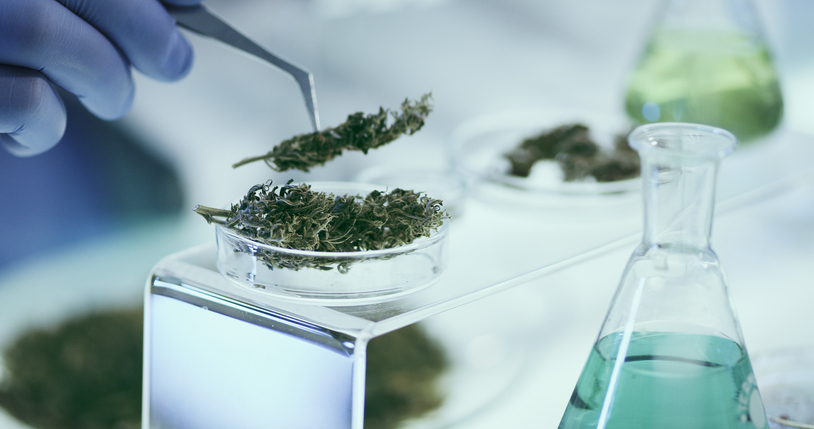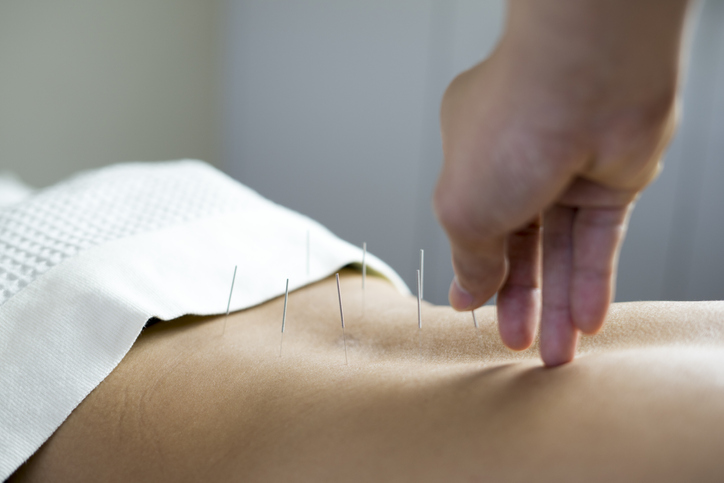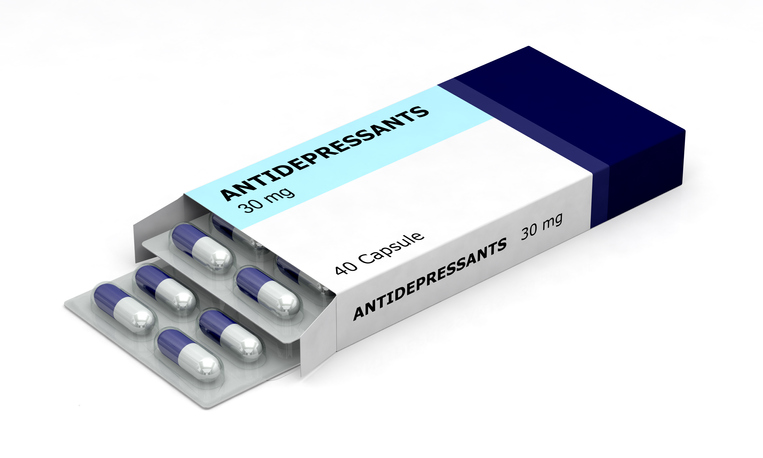Treatments
Benefits vs. Side Effects of Medical Cannabis Treatment for Chronic Pain

How does cannabis reduce pain?
Cannabis contains two main chemicals that are used for medicinal purposes, cannabidiol (CBD) and tetrahydrocannabinol (THC). When cannabis enters the bloodstream, these chemicals interact with the body's endocannabinoid system (ECS).
The ECS is a molecular system that maintains a stable internal environment (homeostasis) in the body. The neuronal and immune cell function of the endocannabinoid system plays an important role in pain perception.
The endocannabinoid system consists of three parts: cannabinoid receptors (specifically, CB1 and CB2), endogenous cannabinoids, and enzymes. CB1 receptors are mostly found in the central nervous system, which transmits pain signals to the brain. CB2 receptors provide anti-inflammatory effects in the body. Cannabis plants contain several chemicals, including cannabinoids (CBD and THC). When cannabinoids enter the bloodstream, they attach to cannabinoid receptors, which helps decrease pain and inflammation.
Benefits
Medical cannabis is becoming widely known as a safe and effective treatment for chronic pain. In most cases, it must be approved by a health care provider. The use of medical cannabis for chronic pain offers some notable benefits:
- Pain relief
- Improved sleep
- Nausea relief
- Reduced anxiety
- Improved mood and overall quality of life
- Alternative treatment for pain relief for those who are unable to take opioids or pain management injections
- Decreased use or reduced dosage of opioids
Potential side effects
Medical cannabis is considered a complementary treatment to conventional chronic pain treatments, physical therapy, or psychotherapy. It should not be used with alcohol as it increases its depressant effects. Driving should be avoided when under the influence of medical cannabis. Although it is generally considered a safe treatment, potential side effects include, but are not limited to, the following:
- Sleepiness
- Dry mouth
- Panic attacks or paranoia
- Increased heart rate
- Reduced motivation
- Decreased motor skills
- Changes in sexual performance
- Impaired concentration or short-term memory loss
- Negative interactions with other medications
Additional source: HealthCentral


















